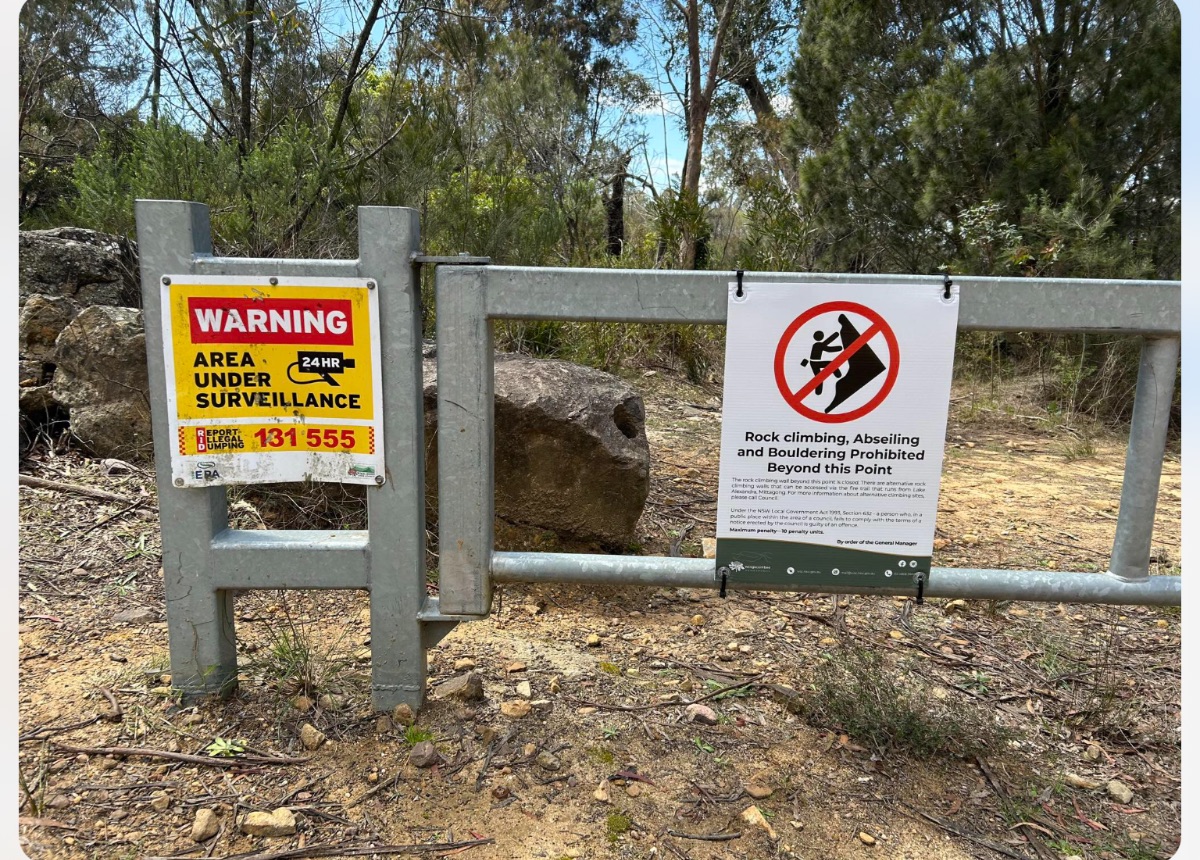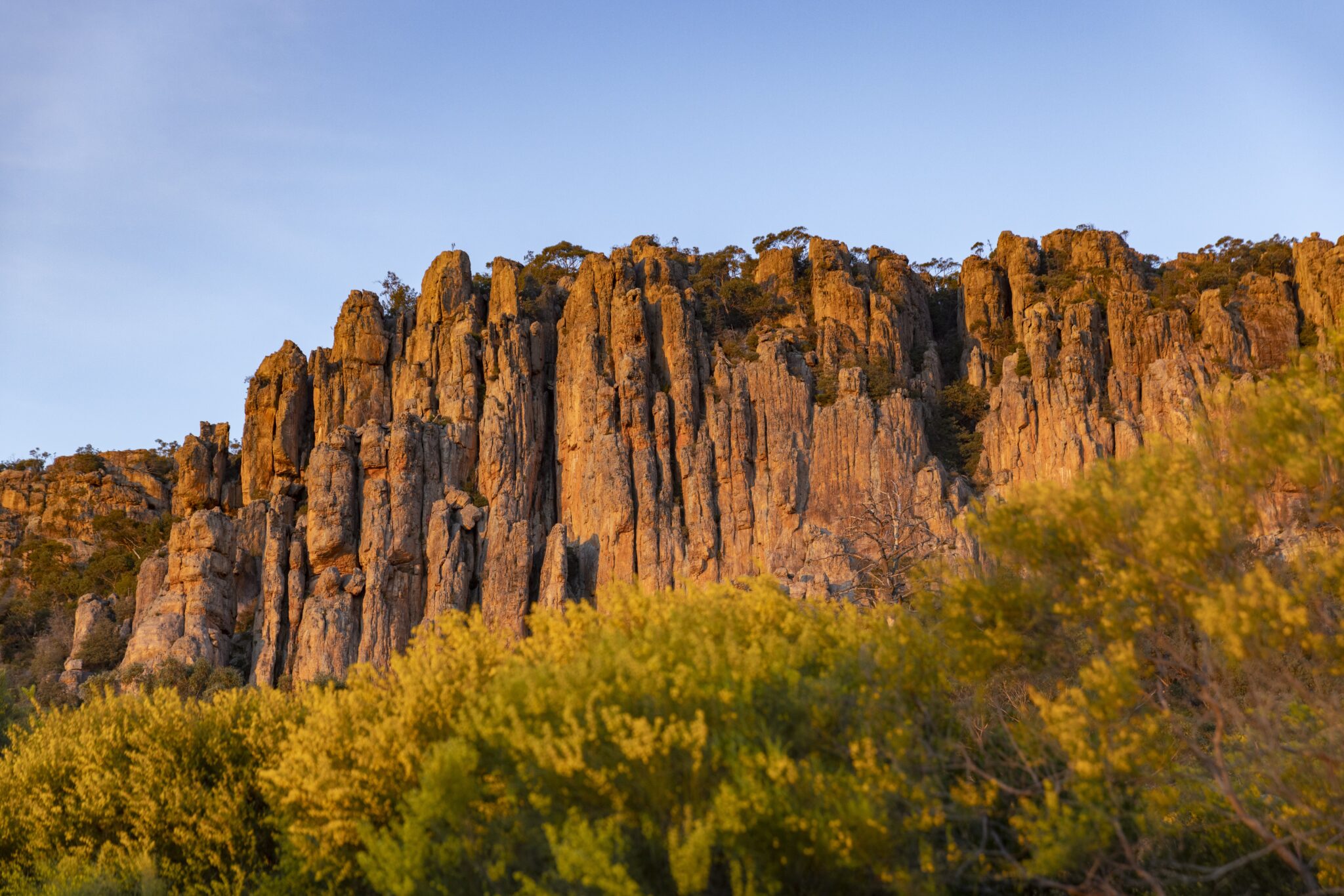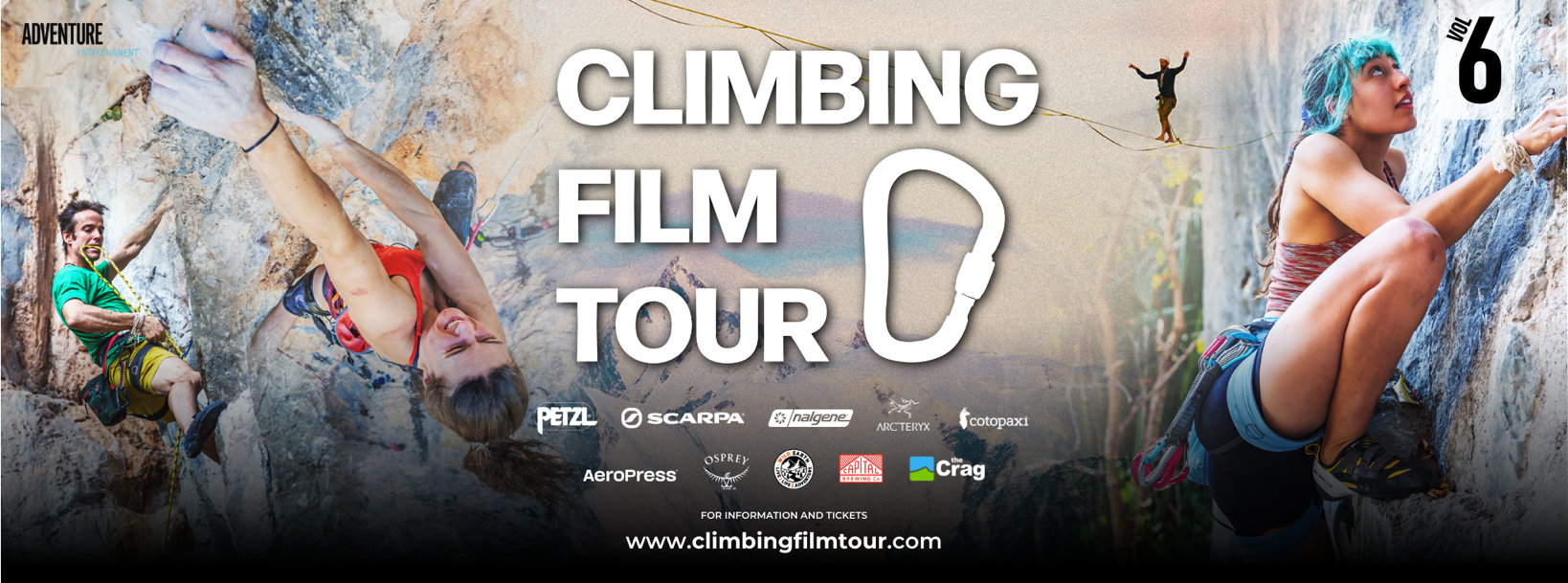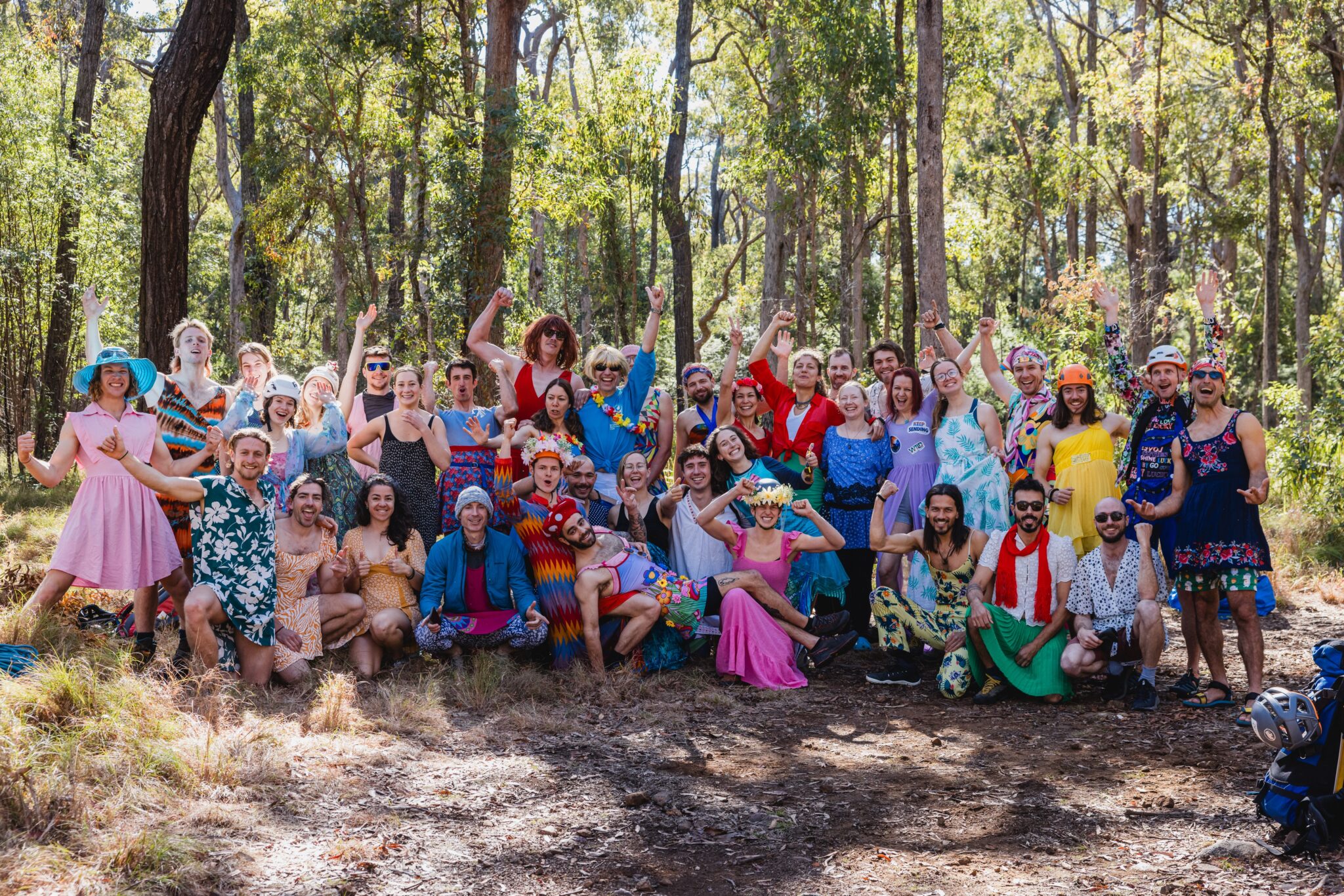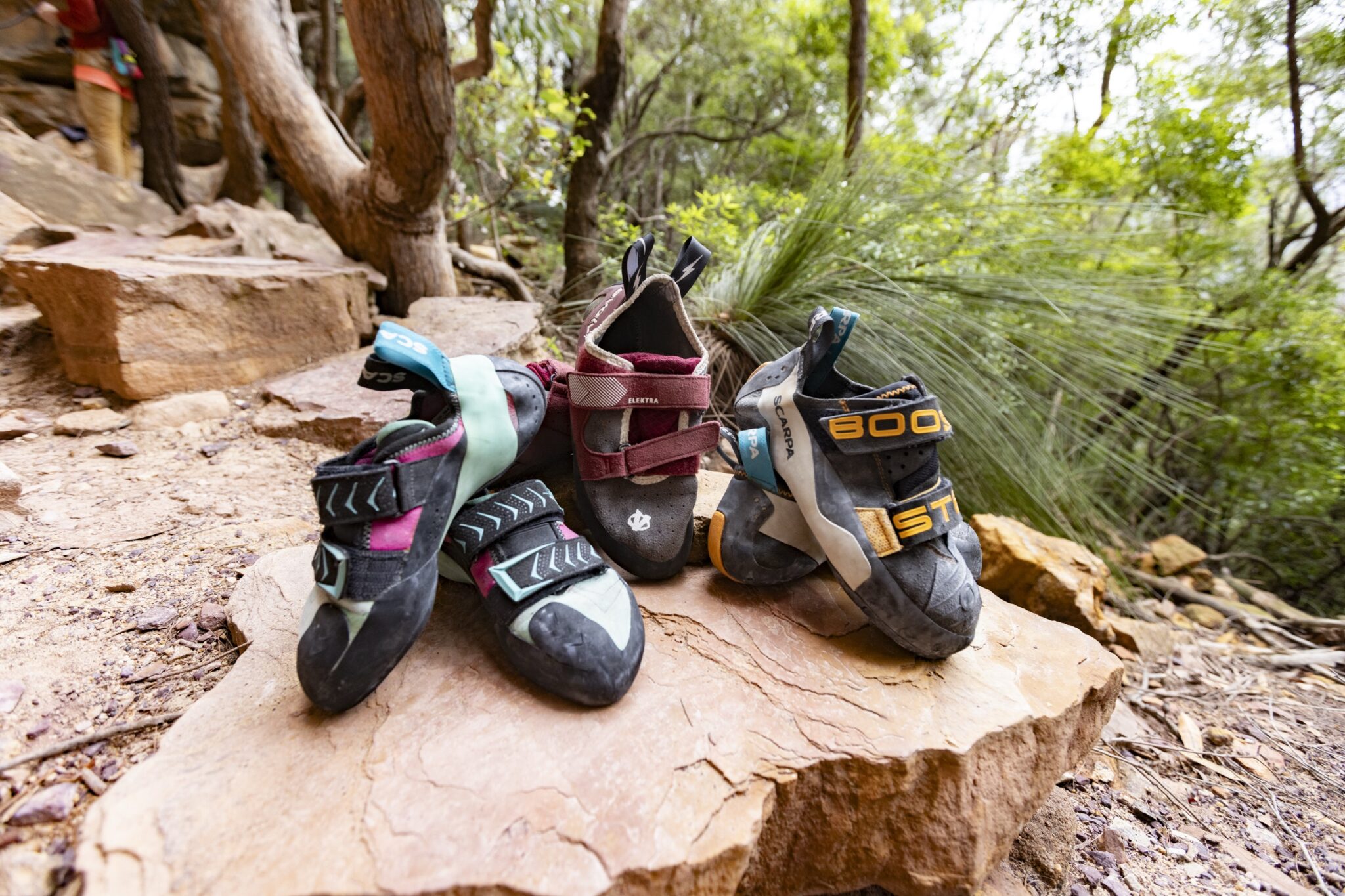Another Blanket Ban: Mt Alexandra Closure Echoes Grampians and Arapiles Battles
The sudden closure of Mt Alexandra is more than a local setback. It signals a growing pattern of blanket bans, secrecy, and fear that now threatens other parts of the country.
amended 29/09/25 – to reflect imput from ACANSW
header image by ACANSW
It’s happened again. Without consultation, transparency, or warning, land managers have shut the gates on a beloved crag. Wingecarribee Shire Council (WSC) has enacted a closure of Mount Alexandra, Mittagong — banning climbing at a very popular sport crag containing 130 routes, that has welcomed climbers for more than 40 years.
Just days ago, Wingecarribee Shire Council (WSC) erected gates and signage at the crag, announcing that climbing was now banned. The decision arrived without warning, without consultation, and without a clear process — echoing the blanket bans seen in Victoria at the Grampians and Mount Arapiles.
Behind the closure lies a hidden report dating back to 2009, which identified Aboriginal rock art at Mount Alexandra and flagged climbing routes placed too close to it. The report, prepared for Wingecarribee Shire Council, recommended urgent engagement with climbing groups to resolve the issue. But for 16 years, nothing was done.
In that time, Mount Alexandra became one of Sydney’s busiest sport climbing areas. Dozens of cars crowded the carpark on weekends, and popular mid-grade routes were logged by thousands of climbers — all within metres of unpublicised cultural heritage.
Climbers now argue that the fault lies squarely with the Wingecarribee Shire Council: they knew of the issue, they knew who to contact — the Australian Climbing Association NSW (ACANSW) had submitted multiple formal responses to Council strategies in recent years — yet they failed to act.
When climbers recently became aware of the 2009 report, ACANSW reached out directly to the Gundungurra traditional owners to apologise and seek a resolution. In collaboration with community members and with the guidance of traditional owners, bolts and chalk were removed from the affected climbs.
The process was described as constructive and respectful. Traditional owners attended the site, confirmed which climbs were inappropriate, and supported the removal work. They also gave an understanding that climbing at other unaffected routes at Mount Alexandra remained welcome.
In other words, the issue appeared resolved on the ground. Which raises the question: why has the Council now imposed a total closure?
Wingecarribee Shire Council has a reputation for dysfunction — locals describe it as “infamously unworkable” — and it is reportedly in the process of transferring management of Mount Alexandra to NSW National Parks. Climbers believe the closure may be part of that handover.
The approach mirrors the situation in Victoria: climbers shut out without dialogue, cultural heritage weaponised as a blunt tool rather than managed through cooperation, and sweeping bans imposed where targeted solutions already existed.
“This wasn’t done on a whim,” one climber noted. “Installing a heavy-duty gate and signage takes months of planning. Wingecarribee Shire Council knew about this long before climbers did — but chose secrecy instead of consultation.”
What frustrates climbers most is that, unlike in Victoria, the Blue Mountains region has until now fostered positive relationships between traditional owners, outdoor recreation groups, and National Parks. Aboriginal representatives have frequently engaged with major outdoor events, and climbing has often operated alongside heritage protection through quiet, respectful adjustments.
By banning climbing at Mount Alexandra, the Wingecarribee Shire Council risks undermining that fragile balance. Instead of collaboration, the decision has created division and distrust.
For many, Mount Alexandra now stands as the New South Wales equivalent of the Grampians crisis. In both cases, governments sat on reports, failed to consult, then imposed sudden bans — leaving climbers blindsided and scapegoated.
Climbers are clear: they are not opposed to protecting Aboriginal heritage. On the contrary, they’ve shown they are willing to act swiftly and respectfully when issues arise. What they object to is being excluded from the process entirely.
ACANSW and the Canberra Climbing Association have written to the mayor demanding answers, and mainstream media has already begun covering the story. With National Parks preparing to take over management, the future of Mount Alexandra climbing remains uncertain.
To read more on the issue visit ACANSW
Other Articles on Climbing Bans:
From Conflict to Collaboration: Parks Victoria’s Vision for Arapiles
6 Climbing Areas at Risk if the Arapiles Bans Proceed
Arapiles Update: Climbers Rally at Shared Not Shut Vigil
Climbers Reflect on Life, Community, and the Future of Arapiles.

